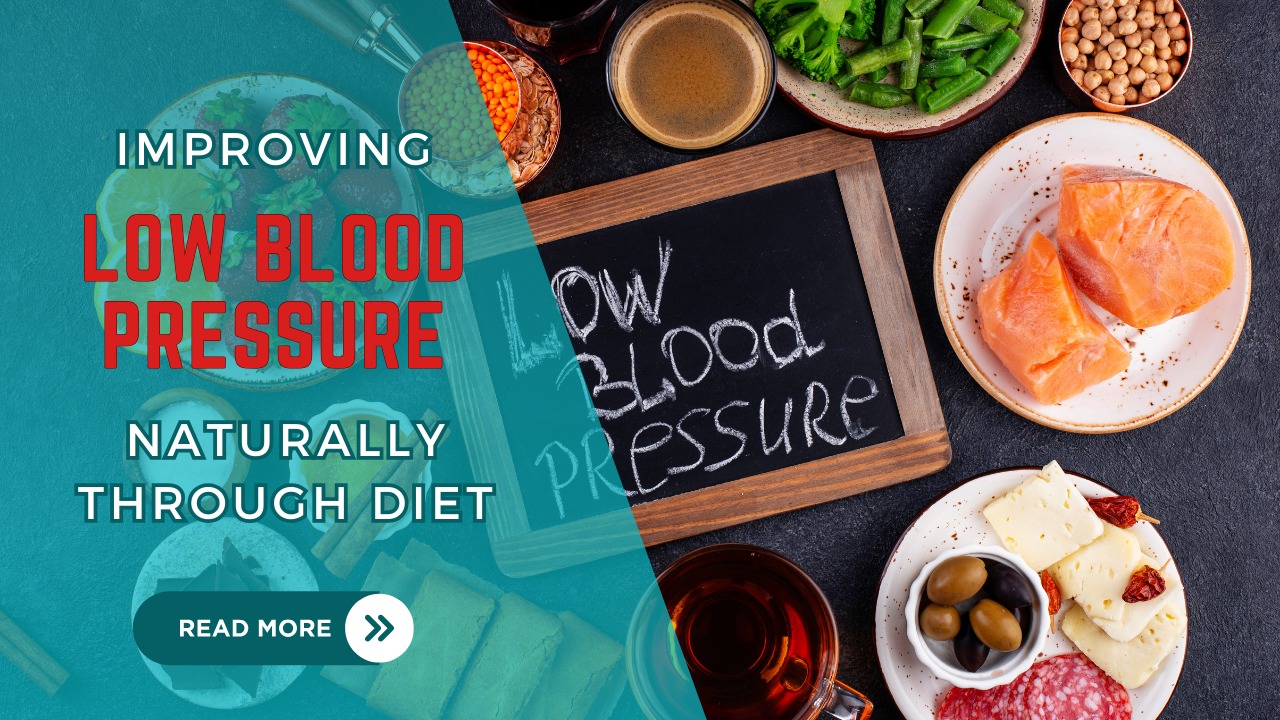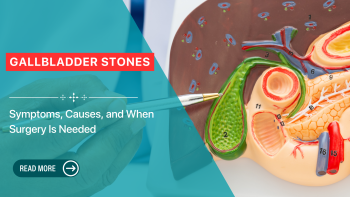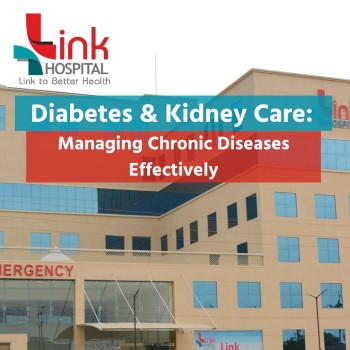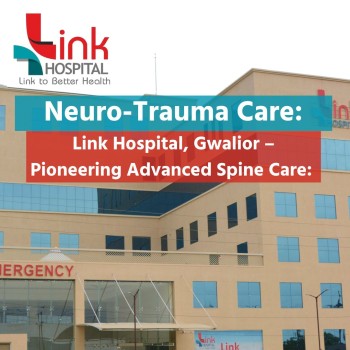Low blood pressure, also known as hypotension, can cause dizziness, fainting, and fatigue,
impacting your quality of life. While medical intervention may be necessary in
severe cases, making changes to your diet can also play a significant role in
managing and improving low blood pressure naturally. In this blog, we'll
explore how proper hydration and a healthy eating plan can help.
Risk
Factors and Precautions for Low Blood Pressure
While dietary changes can
be beneficial for managing low blood pressure, it's essential to be aware of
risk factors and take appropriate precautions:
Risk Factors for Low Blood Pressure: Factors such as dehydration, nutritional deficiencies, certain
medications, heart conditions, Dizziness (Chakkar), Nausea, Frequent Black Out,
and hormonal imbalances can contribute to low blood pressure. Understanding
these risk factors can help in developing an effective management plan.
Precautions to Take: When dealing with
low blood pressure, it's important to take precautions such as avoiding sudden
changes in posture, staying hydrated, monitoring blood pressure regularly, and
following a balanced diet under the guidance of healthcare professionals.
Proper
Hydration
Hydration is key to
maintaining healthy blood pressure levels. Dehydration can lead to a drop in
blood volume, causing blood pressure to decrease. Here are some tips for
staying properly hydrated:
Drink Water Regularly: Aim to drink at
least 8-10 glasses of water per day. Keep a water bottle with you to sip on
throughout the day, especially in hot weather or during physical activity.
Include Hydrating Foods: Foods high in water
content, such as cucumbers, watermelon, oranges, and celery, can contribute to
your daily fluid intake.
Avoid Excessive Caffeine and Alcohol: While a moderate amount of caffeine can temporarily raise blood
pressure, excessive consumption can lead to dehydration. Similarly, alcohol can
cause dehydration and lower blood pressure.
Monitor Urine Color: Pay attention to the
color of your urine. Clear or light yellow urine usually indicates adequate
hydration, while dark yellow urine may suggest dehydration.
Healthy
Eating Plan
In addition to staying
hydrated, a balanced and nutritious diet can help regulate blood pressure. Here
are dietary recommendations for improving low blood pressure:
Increase Salt Intake Moderately: While reducing salt is often recommended for high blood pressure, those
with low blood pressure may benefit from slightly increasing their salt intake.
Consult with a healthcare professional to determine the right amount for you.
Eat in Small portions, Frequent Meals: Consuming smaller meals throughout the day can prevent blood pressure
from dropping too low after eating. Include a balance of carbohydrates,
proteins, and healthy fats in each meal.
Incorporate Potassium-Rich Foods: Potassium helps regulate blood pressure by counteracting the effects of
sodium. Include potassium-rich foods such as bananas, avocados, sweet potatoes,
spinach, and yoghurt in your diet.
Consume Magnesium-Rich Foods:
Magnesium plays a role in blood pressure regulation and muscle function. Foods
high in magnesium include nuts, seeds, whole grains, and leafy greens.
Include Omega-3 Fatty Acids: Omega-3
fatty acids, found in fish like salmon, sardines, and mackerel, as well as
flaxseeds and walnuts, can support heart health and may help manage blood
pressure.
Limit Processed Foods and Sugars: Processed foods, sugary snacks, and beverages can contribute to blood
pressure fluctuations. Opt for whole, unprocessed foods whenever possible.
Consult
with the Best Doctors in Gwalior
While these dietary
strategies can be beneficial, it's essential to consult with your healthcare
provider before making significant changes to your diet, especially if you have
underlying health conditions or are taking medications. Your healthcare provider
can provide personalized guidance based on your individual needs.
Improving low blood
pressure naturally through diet involves staying adequately hydrated, consuming
a balanced diet rich in essential nutrients, and making lifestyle choices that
support overall heart health. By taking proactive steps and working closely
with your healthcare team, you can effectively manage low blood pressure and
improve your well-being.
Link Hospital is dedicated to providing comprehensive healthcare
services, including cardiovascular care and management of blood pressure
disorders. Here's how Link Hospital can support individuals dealing with low
blood pressure:
Experts Consultation at Link Hospital
Link Hospital offers expert consultation with cardiologists and
healthcare professionals specializing in blood pressure management. They can
assess individual risk factors, provide personalized dietary recommendations,
and monitor progress over time.
Diagnostic Services:
Link Hospital provides
Advanced diagnostic services, including blood pressure monitoring, laboratory
tests to assess nutrient levels, and imaging studies to evaluate heart health.
Holistic Approach:
Link Hospital takes a
holistic approach to healthcare, combining medical expertise with lifestyle
interventions. They emphasize the importance of nutrition, hydration, physical
activity, and stress management in maintaining optimal blood pressure levels.
Link Hospital offers
patient education programs to empower individuals with knowledge about blood
pressure management, risk factors, dietary guidelines, and self-care
strategies.
Conclusion
In conclusion, managing low
blood pressure requires a multifaceted approach that includes dietary
modifications, lifestyle adjustments, and medical guidance. Individuals can
effectively manage low blood pressure and improve their overall health and
well-being by following a balanced diet, staying hydrated, understanding risk
factors, taking precautions, and seeking support from healthcare providers like
Link Hospital.
To learn more about Link Hospital's services for Blood pressure management and cardiovascular care, visit Link Hospital's website or schedule a consultation with their experienced healthcare team.











